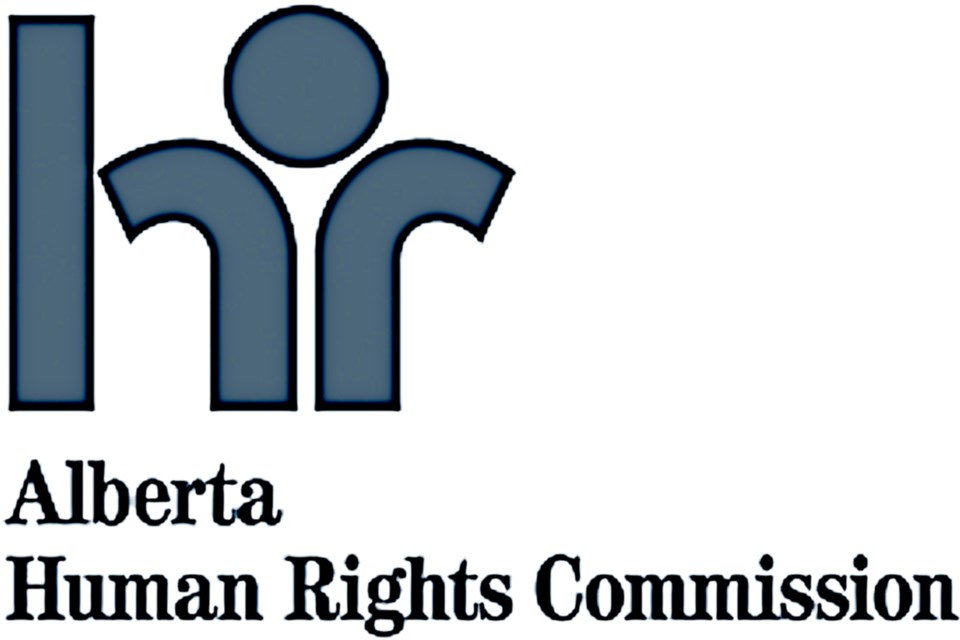ATHABASCA - Does mandating the use of face-coverings in a municipality or business infringe on one's human rights?
It is a simple question, but it's one that has camps on both sides of the coronavirus conundrum dug in firmly, with one group stating it is an absolute violation, and the other saying, no, not so much. So what does the Alberta Human Rights Commission (AHRC) have to say about it?
First in determining if it infringing on human rights, the person making the complaint has to have a medical or religious reason not to wear a mask, says AHRC communication, education and engagement coordinator Cam Stewart.
“I think most accommodations that people are asking for are around the area of disability, that I have heard of," Stewart said. “I can't wear a mask because my disability (or) for my breathing or something like that and there could be some religious accommodation as well.
“So, it has to be based on an assertion that someone's disability has not been accommodated. And so, you can’t say, ‘Well, I'm an anti-masker and I don't want to wear it’ type of thing.”
And while someone denying service or entrance to a facility does not have the right to make someone confirm their reason, if a complaint is filed, proof must be provided to the AHRC of the disability by the complainant.
“If you came to the commission, you would have to provide some medical information confirming that you have that disability,” said Stewart.
He added if you do have a medical or religious reason, then the employer, service provider or landlord has a duty to accommodate, up to a certain point.
“The accommodation does not have to be perfect on both sides, but there has to be some attempt to do an accommodation,” he said. “And undue hardship is usually financially; it would just cost too much.”
Stewart noted that undue hardship is different in each case. For example, a landlord who owns a couple of apartment buildings, it may cause undue hardship to install an elevator, but for a billion-dollar company it would not.
“So, usually undue hardship is a financial barrier and again, that barrier difference differs from a big multinational company to a mom-and-pop shop,” he said.
Duty to accommodate includes curb-side pickup, having a website where people can shop online or delivery services and if someone feels they are not being accommodated they can file a complaint, but be prepared to wait, Stewart said.
“To actually go to a tribunal takes over a year,” he said. “What happens is, the person phones the Human Rights Commission and makes a complaint. It may be accepted, but it’s accepted in the process, it hasn’t been accepted as the validity of the complaint.”
There are some cases where a resolution is reached without a tribunal however, if both sides are willing to compromise.
“Maybe there (are) discussions between the human rights officer and the complainant and the respondent and they resolved it quickly,” said Stewart. “A lot of times the person gets advice, and they go back, and they resolve it informally. They wouldn’t have gotten a ruling though.”
And posting a sign requiring masks or even refusing service — as long as duty to accommodate has been offered — does not mean your rights have been infringed upon, as prevention of disease is for the greater good, according to the AHRC website.
“Generally, any requirements related to health and safety and COVID-19, such as wearing a mask, are not prohibited by the act. Simply posting a notice that masks are required is not contrary to the act.”
For more information go to the AHRC website: https://albertahumanrights.ab.ca



